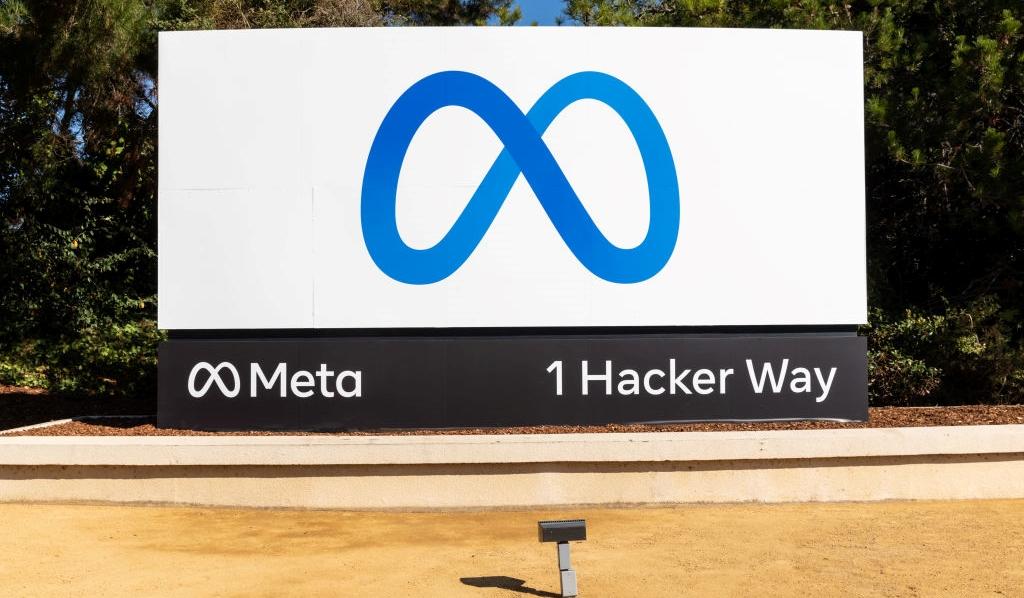Will the Metaverse Ever Be Open Source Like the Internet?
With all this talk about the metaverse, a big question looms. Will the metaverse ever be open source like the internet at large? Here's what we know so far.
Jan. 31 2022, Published 2:53 p.m. ET
The internet at large is fundamentally open source, which means that people can modify aspects of the internet (like individual websites or applications) and share publicly accessible information. A lot of software is also open source, but some corners of the web are proprietary. As the metaverse ideal becomes more relevant, users want to know if the metaverse will ever be open source.
Here’s a dive into how the metaverse could operate as an open-source platform, including whether it could realistically happen in the future.
The metaverse is spearheaded by a handful of large corporations.
There are a series of large companies leading the charge by building up the metaverse right now. One of the top companies is Meta Platforms (formerly Facebook), which has developed Oculus VR (virtual reality) headsets and a vast creator economy that could translate into a functioning metaverse in the next few years.
Meanwhile, Epic Games, Roblox, and Microsoft (which recently acquired Activision Blizzard) are at the top of the immersive gaming vertical. Nvidia’s 3D modeling, design, and simulation assets—plus its stronghold on the semiconductor industry—also makes it a big metaverse builder.
Because the metaverse depends on certain large corporations right now, it’s being built on a segmented standard rather than an open-source one.
What does it mean to be open source?
As opposed to proprietary or closed source data, an open-source ecosystem is one in which the public can access, share, change, and add to it. Open source doesn't necessarily mean free (that’s a common misconception).
For example, the internet at large is open source. Individual software and platforms can also be open source if the creators set them up that way. Even corporations like Google and Meta have opened up some of their proprietary data to be open source.
What could an open source metaverse could look like?
An open-source metaverse would need to be highly coordinated from a global and multi-corporation perspective. Right now, companies are mainly investing in future metaverse development. This means that they haven't seen a profit, but profit is on their mind.
Companies would have to figure out a way to profit at maximum while retaining an open-source standard, which is something that might be difficult for various entities and nations to agree upon. However, an open-source metaverse could promise a much faster rate of growth than a primarily proprietary one.
Will the metaverse ever truly be open source?
User adoption and user-generated content will be the backbone of the metaverse. Because of that, open source should be a key target for metaverse developers.
For now, companies like OpenSimulator are showing people what a decentralized metaverse could be. OpenSimulator is an open-source platform that started as a Second Life alternative but has since grown into a life of its own. Developer Cristina Lopes said, “I did something that is unique to OpenSim that doesn’t exist in Second Life, which is sort of a federation architecture so you can teleport between virtual worlds.”
According to OpenSimulator, a distributed and decentralized metaverse not owned by a single entity is the answer to a successful metaverse future—one that users will want to adopt.



